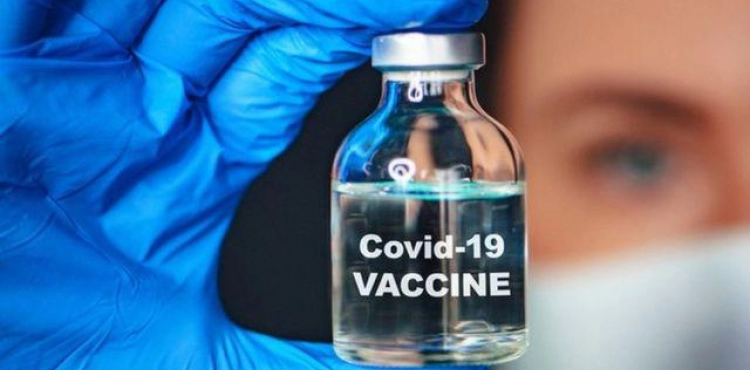The World Health Organization and the Vaccine Alliance (GAVI) cooperating with it, which have set up a mechanism for distributing vaccines against the emerging corona virus in poor countries, announced that they expect to send the first doses to these countries in the first quarter of The year is 2021.
The Director-General of the World Health Organization, Tedros Adhanom Ghebreyesus, said in a press conference that this mechanism called "Kovax" (or what it means is the global reach of the vaccine against Covid-19) "has ensured that nearly two billion" doses have been obtained so far.
This announcement comes as several countries have launched vaccination campaigns against the emerging corona virus in recent days, such as the United States and the United Kingdom.
The World Health Organization has set a goal to obtain by the year 2021 two billion doses that are still in production for the benefit of 190 countries participating in the Kovacs mechanism, including 92 countries with low or medium revenues.
The Health Organization and the Gavi Alliance announced in a statement that it has become possible "to prepare for the first vaccine deliveries during the first quarter of 2021, as the first part of the doses - which is sufficient to protect workers in the health sector and social services - will be delivered during the first quarter of 2021 to all participating economies (In the Kovacs mechanism) that requested doses at this time. "
Other vaccines will be delivered to all participants during the second quarter of 2021, and the goal is to secure doses for up to 20% of citizens in the participating countries before the end of the year, according to the statement.
He added, "Today´s announcements offer the clearest path so far to end the acute phase of the epidemic by protecting the most vulnerable citizens in the whole world."
In 2022, additional doses will be provided to allow for higher levels of protection.
The two partner organizations indicated that the delivery of vaccines depends on several factors, including approval by regulatory authorities and the state of readiness in countries.
So far, agreements have been signed with three laboratories - AstraZeneca, Novavax and Sanofi-GSK, whose vaccines have not yet obtained a license from the relevant authorities.
But the World Health Organization confirmed Friday that it had signed an agreement with the giant US pharmaceutical company, "Johnson & Johnson," which includes 500 million doses of its vaccine, "Janssen", which has not yet obtained a license.
The World Health Organization is also in talks with "Pfizer", whose vaccine has been licensed in several countries, including the United Kingdom and the United States. As for the Moderna vaccine, with which the organization is also negotiating, it is on the way to licensing in the United States.
"The arrival of the vaccines allows us to see the light at the end of the tunnel," Ghebreyesus said.
He added, "We cannot put an actual end to the epidemic unless we do so everywhere and at the same time, which means that it is important to vaccinate some people in all countries, instead of vaccinating all people in some countries."
The WHO and its partners also stress that the success of this project depends on the funds it receives.
"Thanks to the generous support of independent donors, from the private sector and philanthropists," the Kovacs mechanism has achieved its "emergency funding target for 2020, meaning $ 2 billion," the statement said, but an additional 4.6 billion dollars remains to be collected in 2021.












